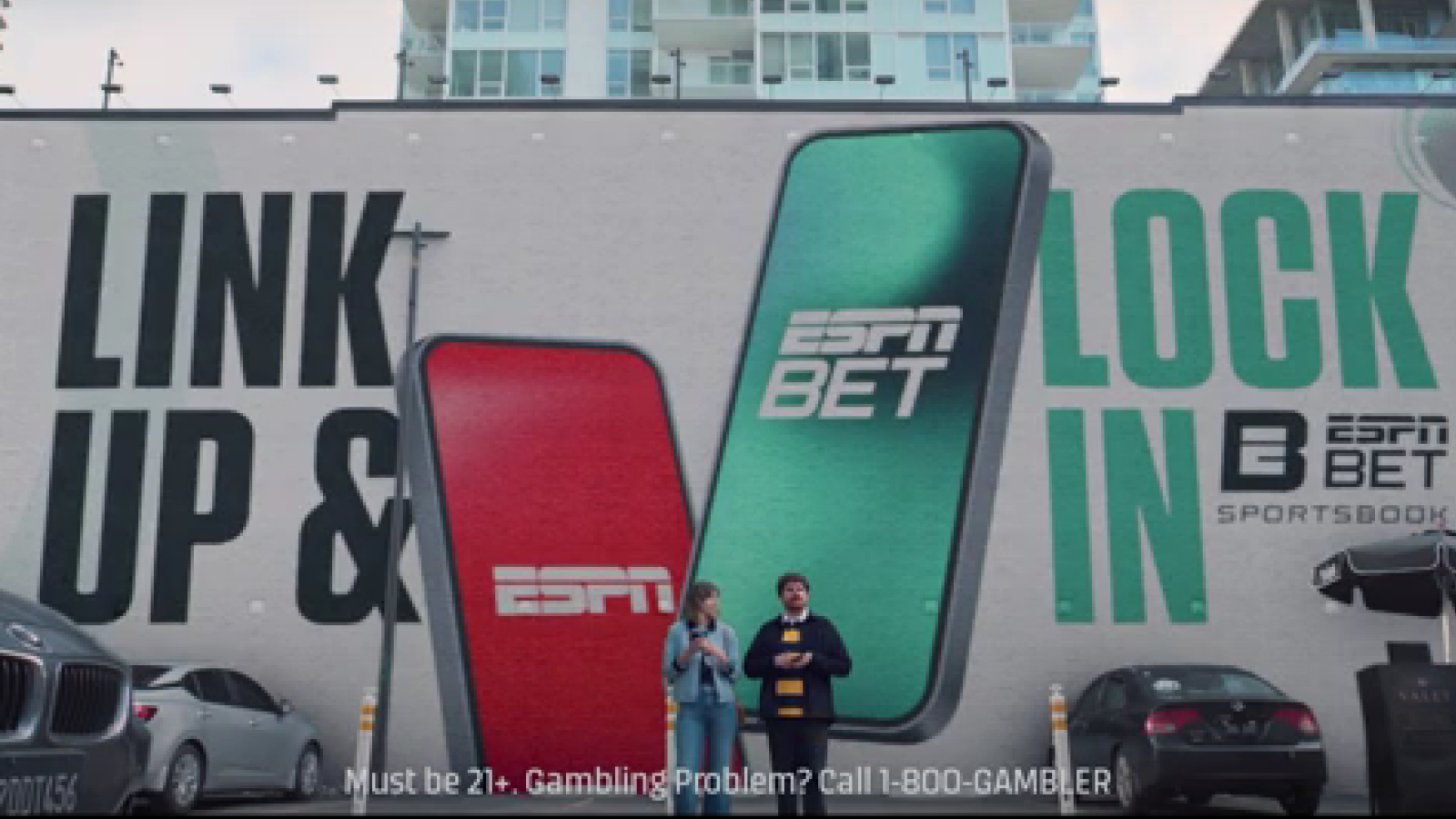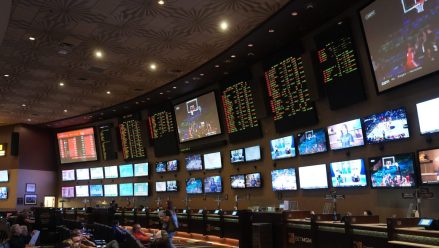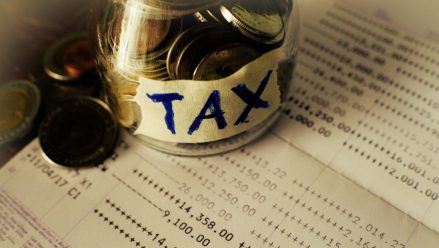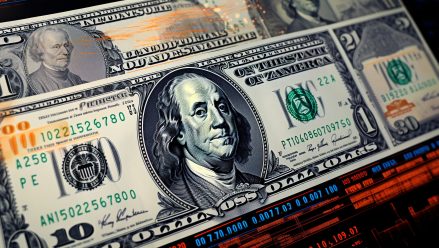HG Vora’s activist fight with Penn Entertainment is set to make Tuesday’s annual meeting a hotly watched event.
The business, Penn’s third-largest shareholder, has been fighting to get three new members — Carlos Ruisanchez, Johnny Hartnett, and William Clifford — elected to the ESPN Bet operator’s board. When Penn responded by nominating Ruisanchez and Hartnett for the board of its online sportsbook while shrinking the size to eight members rather than seat its former CFO Clifford, the battle found its way to the courts.
At Penn’s annual meeting on Tuesday, HG Vora will encourage shareholders to vote using its gold proxy card, with three names on it, in the hopes that a court could later force Penn to seat Clifford. Penn wishes to see shareholders use a blue card with just the two names.
A 116-page presentation, accusing Penn executives of using company planes as a “personal Uber service” along with detailing the struggles of Penn’s interactive arm and questioning CEO Jay Snowden’s pay, made it very clear that HG Vora isn’t happy.
But what does HG Vora want?
‘A new breed of activism’
The hedge fund, led by former Goldman Sachs banker Parag Vora, is not the classic kind of activist investor in the mold of Carl Icahn. HG Vora usually invests more passively but isn’t afraid of an activist turn when it feels a company is being run the wrong way.
“HG Vora is part of a new breed of activism — deep value investors who have experience being activist when necessary, but do not use it as their prime strategy,” Kenneth Squire wrote for CNBC in 2021.
It has mostly stayed clear of those fights so far in the gambling sector but successfully nominated board members at companies like Office Depot and Tivity Health.
So what convinced it to get involved at Penn?
There’s little doubt the business hasn’t lived up to investors’ hopes in recent years. Shares are down more than 85% from the operator’s 2021 peak.
Its acquisition of Barstool Sports — bought for $551 million, sold for $1 after a considerable reputational hit and little gain in market share — was a failure on any terms. TheScore has provided more value, but its $2.1 billion purchase price, made near the top of the market in 2021, means it’ll take a lot to recoup the investment.
The business hoped to breathe fresh life into its sports betting offering when it teamed up with ESPN. It still remains below the 5% market share milestone, and Penn’s interactive division is still loss-making.
Gordon Haskett analyst Don Bilson said in a note to clients that the company’s “blundering capital allocation scheme in recent years had caused the stock to become a casino industry pariah.”
“Its relative three- and five-year returns stink and we are highly confident that if three names had been on the ballot this year, HGV would have thrown a shutout. And maybe a no-hitter,” he added.
It hasn’t helped that those deals were overseen by a chief executive who was paid more than most bosses of peer companies. HG Vora puts Snowden’s 2024 salary of $26.7 million as the second-highest among a group of 13 peer executives, ahead of leaders of larger businesses such as DraftKings’ Jason Robins.
HG Vora seems to prefer a new CEO
HG Vora’s materials make clear that it wants certain ideas to at least be on the table.
That starts with a potential change of leadership. In its presentation, HG Vora notes that Snowden’s contract as chief executive ends this year and says, “the board should carefully review Mr. Snowden’s performance and track record and consider whether his contract should be renewed.”
And then there’s the digital arm of the business. HG Vora says the board should answer “key questions,” such as, “Can ESPN Bet be sold or otherwise monetized?” and “Is Penn the right owner of [theScore]?”
A person familiar with HG Vora’s thinking told InGame that it was far from committed to receiving specific answers to those questions.
“It’s about having the people in place who can make those kind of strategic choices,” he said.
It’s a fine line: not necessarily pushing for a CEO ouster or an asset sale, but wanting to make sure those ideas are talked about. The approach seems to match HG Vora’s activist efforts in other sectors. At Office Depot and Tivity Health, it got directors added to the board but didn’t focus as strongly on strategy. With Office Depot, its push to add a director came as the board was considering a takeover offer from Staples, yet the fund was quiet on the deal itself.
As a fund that doesn’t specialize in activism, it might make some sense that HG Vora is focused on only getting directors who want to think about asset sales and management change rather than being locked into that outcome.
‘Strong demand’ for Penn digital assets
But that’s not to say HG Vora hasn’t thought about what big change would look like in practice. It is confident that there is “strong demand” for some of Penn’s flagship digital assets, from both strategic buyers and those outside the sector.
Who could those buyers be? Rush Street Interactive was in the mix for the ESPN partnership, willing to pay more than $100 million a year, according to The Wall Street Journal. Analysts say it could still be in the mix if a chance to acquire ESPN Bet came along at the right price.
Penn and ESPN can also terminate their agreement in 2026, if the online sportsbook fails to hit certain market share targets.
Given that option, Kyle Owusu, director of credit research at Octus, said this year would be “make or break” for ESPN Bet. He noted that if the deal is terminated, depending on Penn’s next move, the company’s credit outlook could improve.
That could open up an intriguing possibility: putting takeover deals back on the table. Rival regional casinos business Boyd approached Penn with a takeover offer last year, but the deal never materialized, with both the fate of ESPN Bet and Penn’s debt profile among the challenges.
“If you have Penn without an ESPN agreement, especially if it’s more deleveraged, that would be attractive to an operator,” Owusu said. “Even if they don’t reduce leverage, depending on the operating backdrop, I could see an operator still trying to make it work with that deal out of the picture.”
‘There are things you don’t know’
What has Penn been doing to reassure shareholders?
When Dan Stratemeier, managing director of Jefferies’ event-driven investing division, asked Snowden why Penn wouldn’t just give HG Vora what it wants, the chief executive simply said: “There are things you don’t know,” according to a note sent to Stratemeier’s clients in January.
That seems to have typified Penn’s strategy for much of the contest.
The operator didn’t mention the topic on its earnings call last month and said it would not “spend the time and money to solicit proxies” to vote using Penn’s ballot, which does not have Clifford’s name on it. It seemingly trusted that it could handle the contest quietly.
Later on, things started to get a bit louder. Penn responded to HG Vora’s presentation with a presentation of its own — albeit much more brief at only eight slides — and laid out its claims that Clifford had “antiquated views” about the gaming industry.
In the closing days of the fight, Penn put out a press release to address proxy advisory firm ISS’ decision to tell shareholders to vote for Clifford and remind shareholders of its concerns about him. It followed with a second release the same day to celebrate rival proxy firm Glass Lewis encouraging votes only for the two candidates Penn recognizes.
Investor optimistic on vote outcome
HG Vora has campaigned hard to get votes for Clifford, but there’s not really a clear target to hit. With Penn arguing that the final board seat does not exist, it has no plans to count votes for it. But with no rival candidate running, if a court were to determine that votes must be counted, even one vote would make Clifford a director. Meeting a 50% threshold would certainly carry some symbolic value, even if practical consequences are less clear.
The firm is feeling optimistic about getting votes.
“HG Vora is pretty confident in shareholder support,” the person familiar with its thinking said. “These shareholders have been holding a stock that’s almost 90 percent down since 2021.”
But ultimately, it’ll be a judge that decides whether the votes count.







